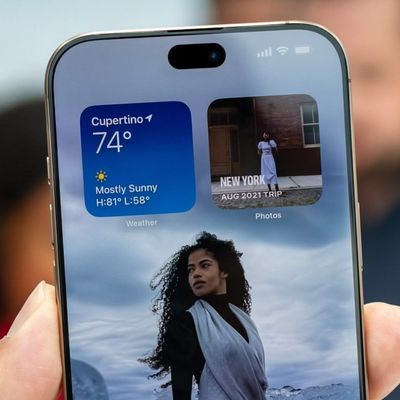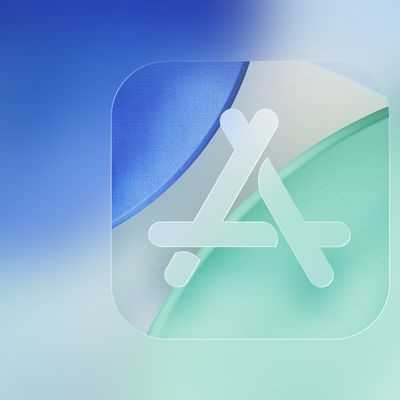 During its financial results call covering the third fiscal quarter (second calendar quarter) of 2014, Apple shared details on the success of its iTunes Store, which has become an increasingly important revenue source for the company in recent years, mainly due to the ever-growing popularity of the App Store.
During its financial results call covering the third fiscal quarter (second calendar quarter) of 2014, Apple shared details on the success of its iTunes Store, which has become an increasingly important revenue source for the company in recent years, mainly due to the ever-growing popularity of the App Store.
For the first fiscal nine months of the year, Apple CEO Tim Cook said iTunes software and services were the fastest growing part of Apple's business. iTunes billings grew 25 percent year over year to an all time quarterly high, largely due to the App Store.
In the third quarter, iTunes generated $4.5 billion in revenue, an increase of 12 percent year over year. There have been 75 billion cumulative App Store downloads, and Apple has now paid a total of $20 billion to developers. In January of 2014, Apple had paid out $15 billion, meaning $5 billion of that total has been paid out in 2014 alone.
During the call, Tim Cook said that he expects iOS 8 with more than 4,000 APIs and the company's new developer language, Swift, to result in significant growth and improvement for apps and the App Store.
Overall, Apple posted revenue of $37.4 billion and a net quarterly profit of $7.7 billion, or $1.28 per diluted share, compared to revenue of $35.3 billion and net quarterly profit of $9.5 billion ($1.07 per diluted share) in the year-ago quarter. Year over year, Apple's revenue is up 6 percent and its profit is up 12 percent.





















Top Rated Comments
If Apple wants to, they could become a major player in mobile payments. Device security (Touch ID + Secure Enclave) and user base (600+ million active iTunes accounts) are just two huge steps toward becoming the de facto e-wallet solution. Add the security sensor and backend server retail technology that is being used in the 428 Apple Stores around the world, and you have a pretty compelling retail security, inventory, and point-of-sale solution.
The iBeacon technology is also an open standard, so lesser platforms could also (try to) play along. Will be interesting to see if and how Apple evolves their various hardware and software systems for retail.